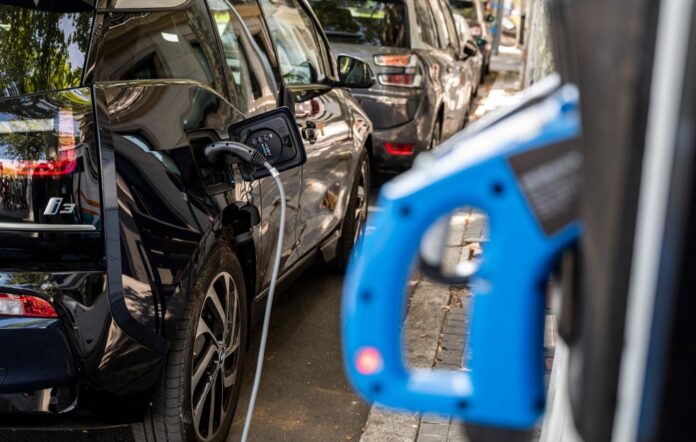RIYADH: The energy sector continues to witness green initiatives such as those by the UK auto industry and German car manufacturer Volkswagen. Despite this, inconsistency still prevails as firms pursue green energy assets sales and geo-political tensions between Russia and Ukraine.
Looking at the bigger picture:
.The UK’s car industry has proposed a plan to the country’s government to propel the advancement of electric vehicle charging infrastructure, Reuters reported.
This plan includes creating a new regulatory body to supervise market conditions and enforce minimum standards. It also calls for a national coordinated plan as well as major investments especially for public chargers.
Through a micro lens:
.Australia’s second largest independent oil and gas producer Santos cautions that just a small fraction of production could be diverted to Europe if conflicts between Ukraine and Russia progress, the Financial Times reported, citing chief executive Kevin Gallagher.
This comes as most of the energy company’s production is dedicated to long term contracts with Asian countries with only 16 percent of production being available for spot market sales.
.Chinese state-owned energy corporation China General Nuclear Power Corp. mulls selling its portfolio of green energy assets in Europe valued at over $2 billion, Bloomberg reported.
The firm is working with China’s largest security company Citic Securities Co on the disposal.
.German motor vehicle manufacturer Volkswagen aims to increase production in the second half of 2022 despite lingering global chip crunch Reuters reported.
The automaker is also planning a new electric vehicle plant site in Germany as rival Tesla constructs its first Gigafactory in Berlin.
.Australian B2B marketing agency Octopus Group will collaborate with Aboriginal Australian communities on green energy projects that are projected to draw in an estimated A$50 billion ($36 billion) worth of investments over the span of ten years, Bloomberg reported.
The Indigenous energy venture will work on exporting clean energy from northern Australia to countries with space limitations such as Singapore and Japan that struggle with developing wind and solar capacity.

